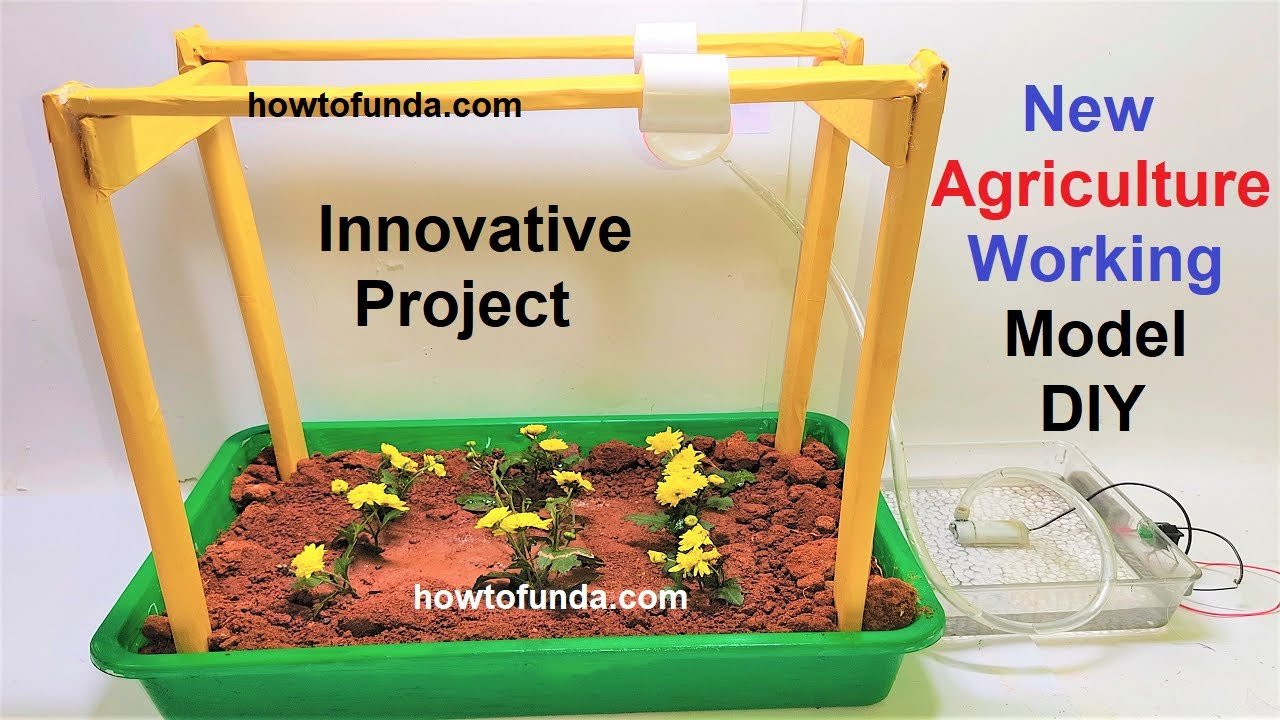Creating science working models for a state-level exhibition projects that are not only innovative but also address local or regional scientific challenges or interests.
Tips for State-Level Science Projects:
- Address local or regional challenges and interests to make your project impactful.
- Aim for innovative solutions or approaches that contribute to scientific knowledge or address societal needs.
- Collaborate with local experts, organizations, or industries for resources and guidance.
- Prepare a professional and engaging presentation to effectively communicate your project’s objectives, methods, and findings.
- Engage with the community to raise awareness and gather feedback on your project.
Here are 50 science working model ideas suitable for a state-level exhibition:
Physics Projects:
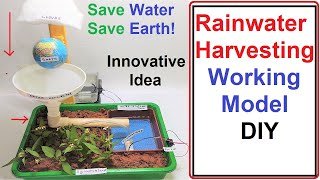
- Renewable Energy Harvesting: Design and build a model demonstrating efficient harvesting of solar or wind energy.
- Maglev Train Prototype: Construct a small-scale magnetic levitation train to demonstrate frictionless transportation.
- Wave Energy Converter: Build a model to convert ocean waves into electrical energy.
- Magnetic Field Viewer: Create a model to visualize magnetic field lines using iron filings.
- Electromagnetic Induction Generator: Build a generator to produce electricity using electromagnetic induction principles.
Chemistry Projects:
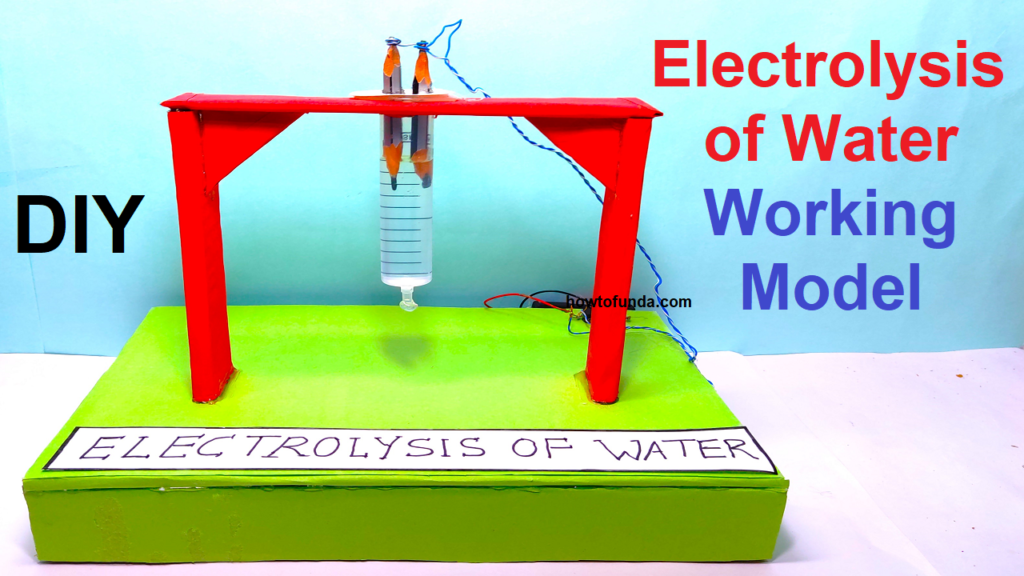
- Water Purification System: Design and prototype a water purification system using natural materials.
- Chemical Garden: Create a model of a chemical garden to demonstrate crystal growth and chemical reactions.
- Electrolysis of Water: Build an electrolysis setup to split water into hydrogen and oxygen gases.
- Fuel Cell Demonstrator: Construct a model of a fuel cell to demonstrate energy conversion from chemical to electrical.
- Voltaic Cell: Build a voltaic cell to illustrate electrochemical reactions.
Biology Projects:
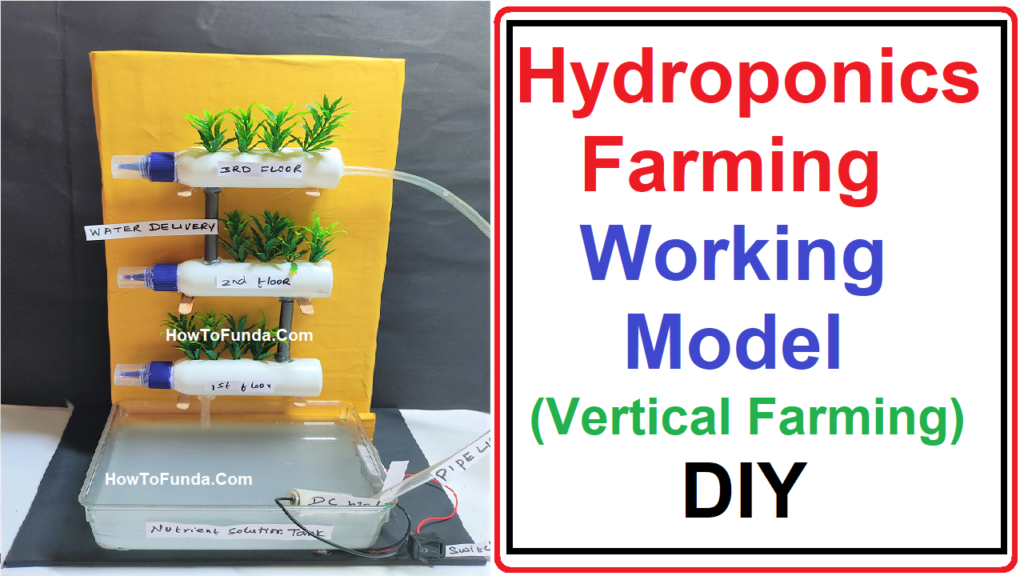
- Aquaponics System: Design and build a sustainable aquaponics system combining fish farming and plant cultivation.
- Bio-inspired Robotics: Create a robot inspired by biological principles such as biomimicry.
- Microbial Fuel Cell: Construct a microbial fuel cell to generate electricity from organic waste.
- Hydroponics Setup: Build a hydroponics system for soil-less cultivation of plants.
- Biogas Production: Demonstrate biogas production from organic waste in a small-scale digester.
Environmental Science Projects:

- Air Quality Monitoring System: Develop a network of sensors to monitor air pollutants in different locations.
- Waste Management Innovation: Design an innovative method for waste segregation or recycling.
- Climate Change Impact Model: Build a model to simulate the impact of climate change on local ecosystems.
- Biodiversity Conservation: Create a model illustrating strategies for biodiversity conservation in a local habitat.
- Urban Heat Island Effect: Study and propose solutions to mitigate the urban heat island effect in cities.
Engineering and Technology Projects:
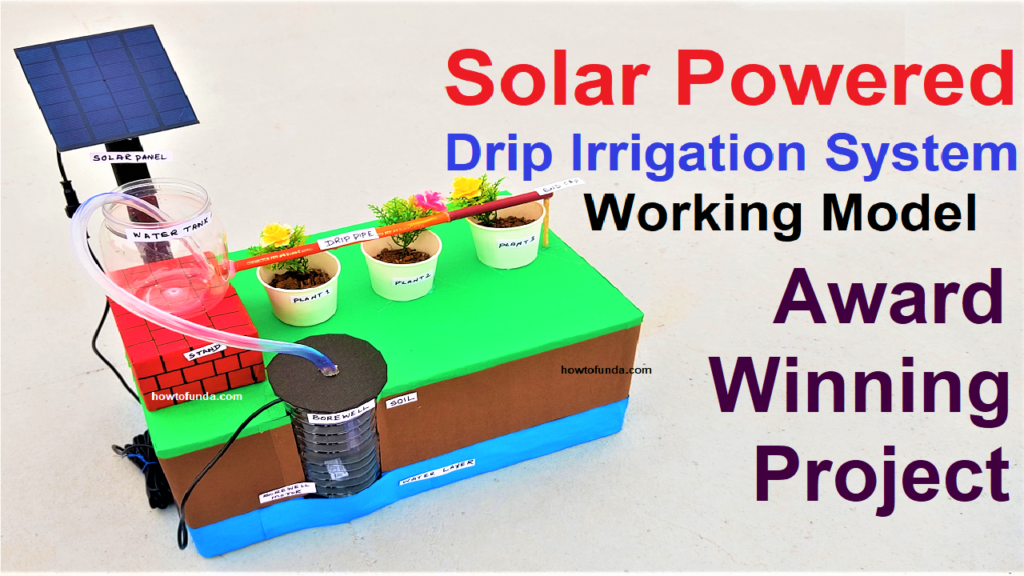
- Smart Grid Simulation: Develop a simulation of a smart grid system for efficient energy distribution.
- IoT-enabled Agriculture: Build a model demonstrating IoT applications in precision agriculture.
- Advanced Materials: Experiment with advanced materials like graphene for various applications.
- Automated Irrigation System: Create a model of an automated irrigation system for agriculture.
- Robotic Arm: Design and build a robotic arm with multiple degrees of freedom for industrial applications.
Astronomy and Space Science Projects:
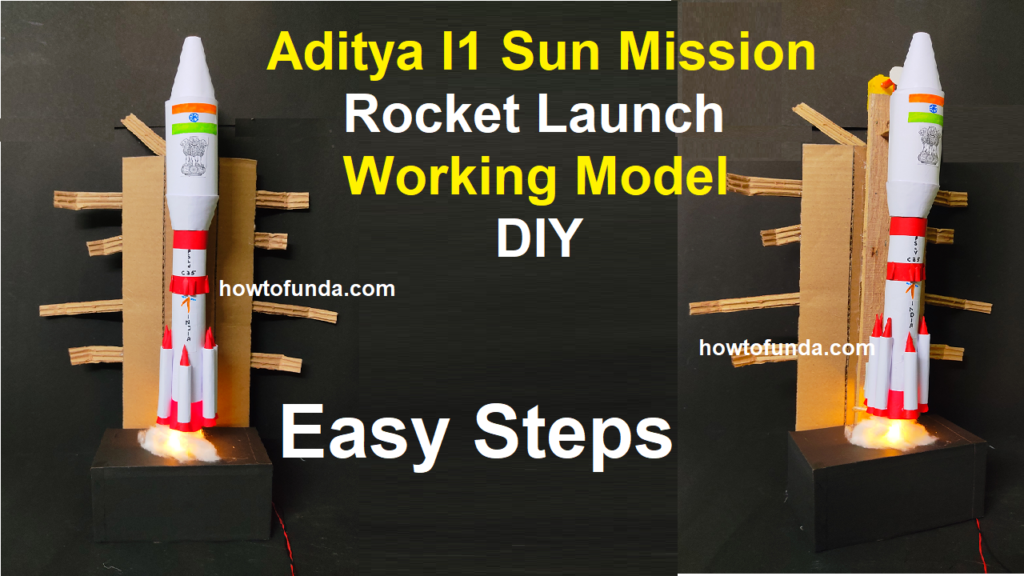
- Satellite Communication System: Build a model demonstrating satellite communication principles.
- Rocket Propulsion Model: Design and build a model rocket with a propulsion system for launch.
- Exoplanet Detection Techniques: Investigate methods for detecting exoplanets using light curves or radial velocity.
- Solar Observatory: Construct a model solar observatory to study solar activities and phenomena.
- Spacecraft Simulation: Develop a simulation of a spacecraft mission to explore planetary bodies.
Earth Science Projects:
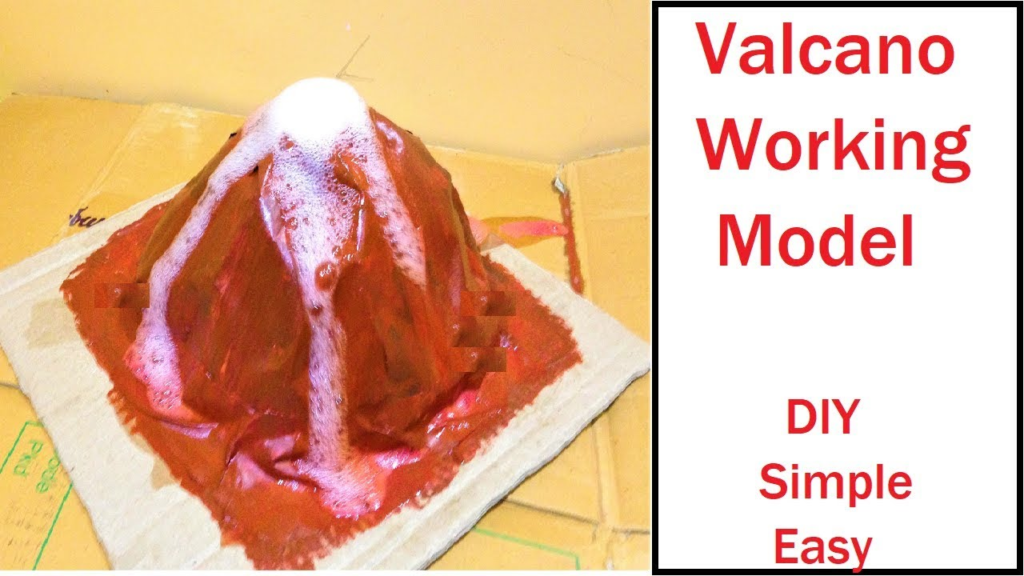
- Geological Mapping: Create geological maps using GIS tools and field data.
- Seismic Hazard Assessment: Develop a model to assess seismic hazards and earthquake risks.
- Ocean Acidification Experiment: Study the effects of ocean acidification on marine life in a controlled environment.
- Glacial Dynamics Simulation: Model glacial dynamics and study their impact on landscapes.
- Volcanic Eruption Simulation: Build a model to simulate volcanic eruptions and their effects.
Social Sciences and Interdisciplinary Projects:
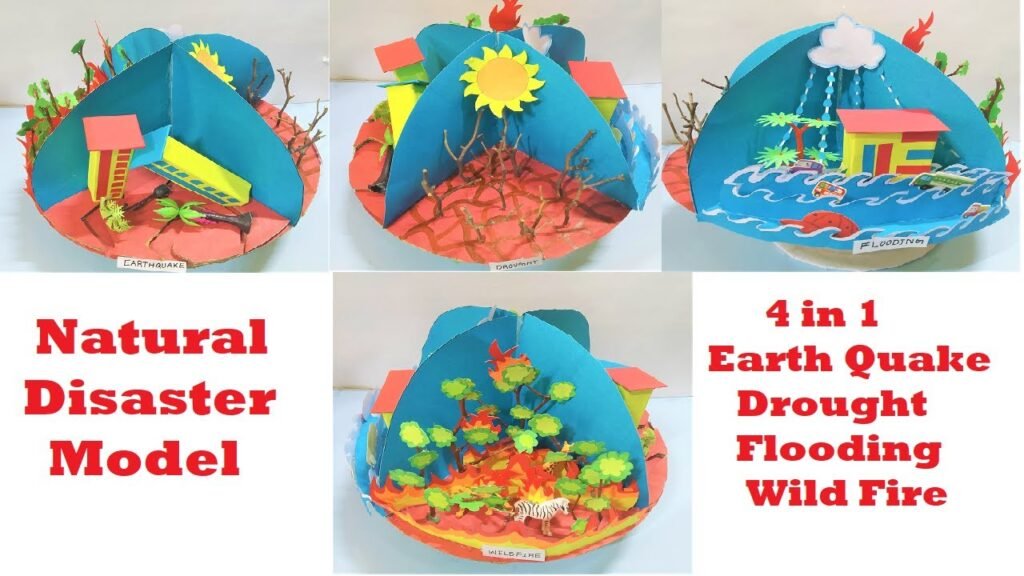
- Community Health Analysis: Conduct a study on local health issues and propose community-based interventions.
- Sustainable Urban Planning: Design sustainable urban development plans considering environmental and social factors.
- Cultural Heritage Preservation: Use technology to document and preserve local cultural heritage sites.
- Public Policy Analysis: Analyze the impact of public policies on local socio-economic issues.
- Disaster Management System: Develop a model for disaster preparedness and response in the region.
These science project ideas for a state-level exhibition are designed to inspire and encourage participants to explore scientific concepts while addressing real-world challenges relevant to the region.

